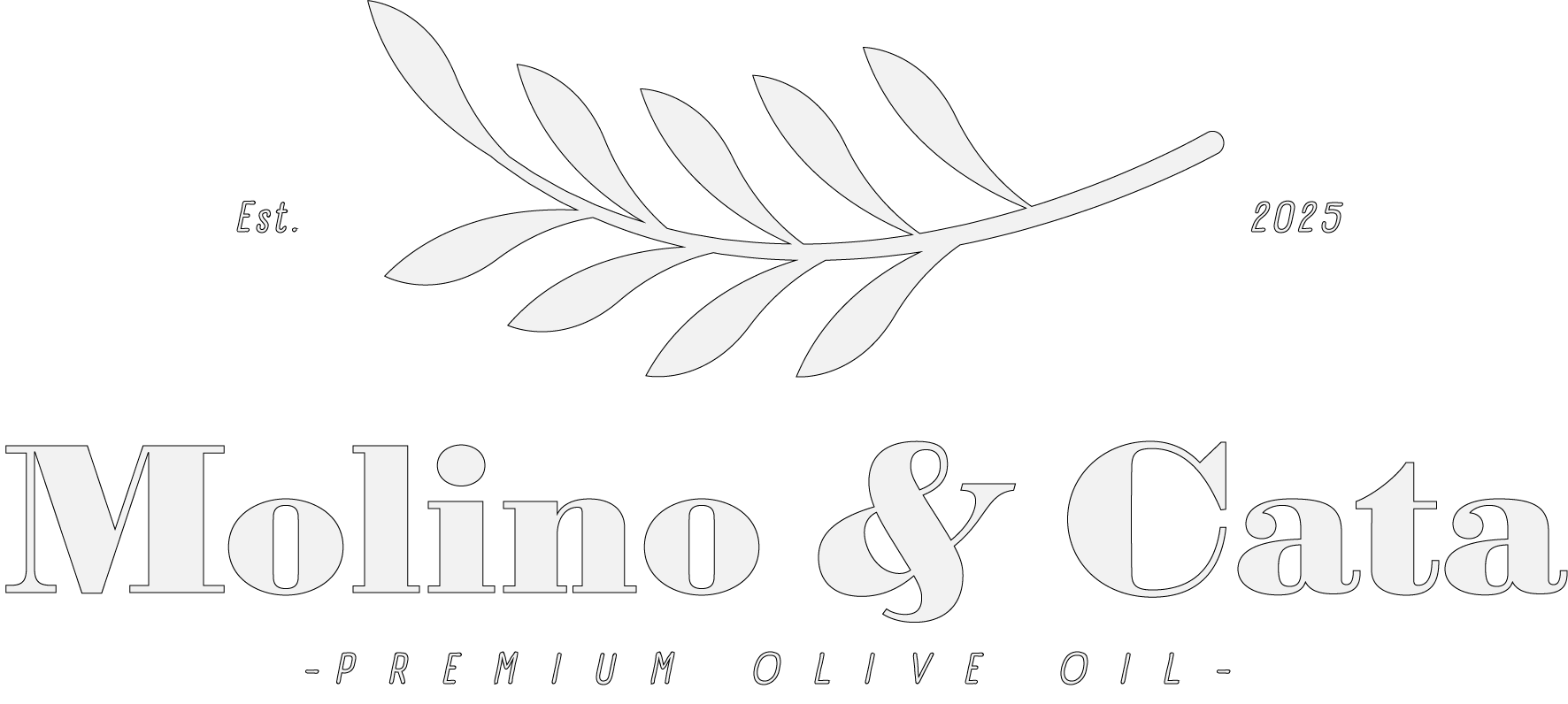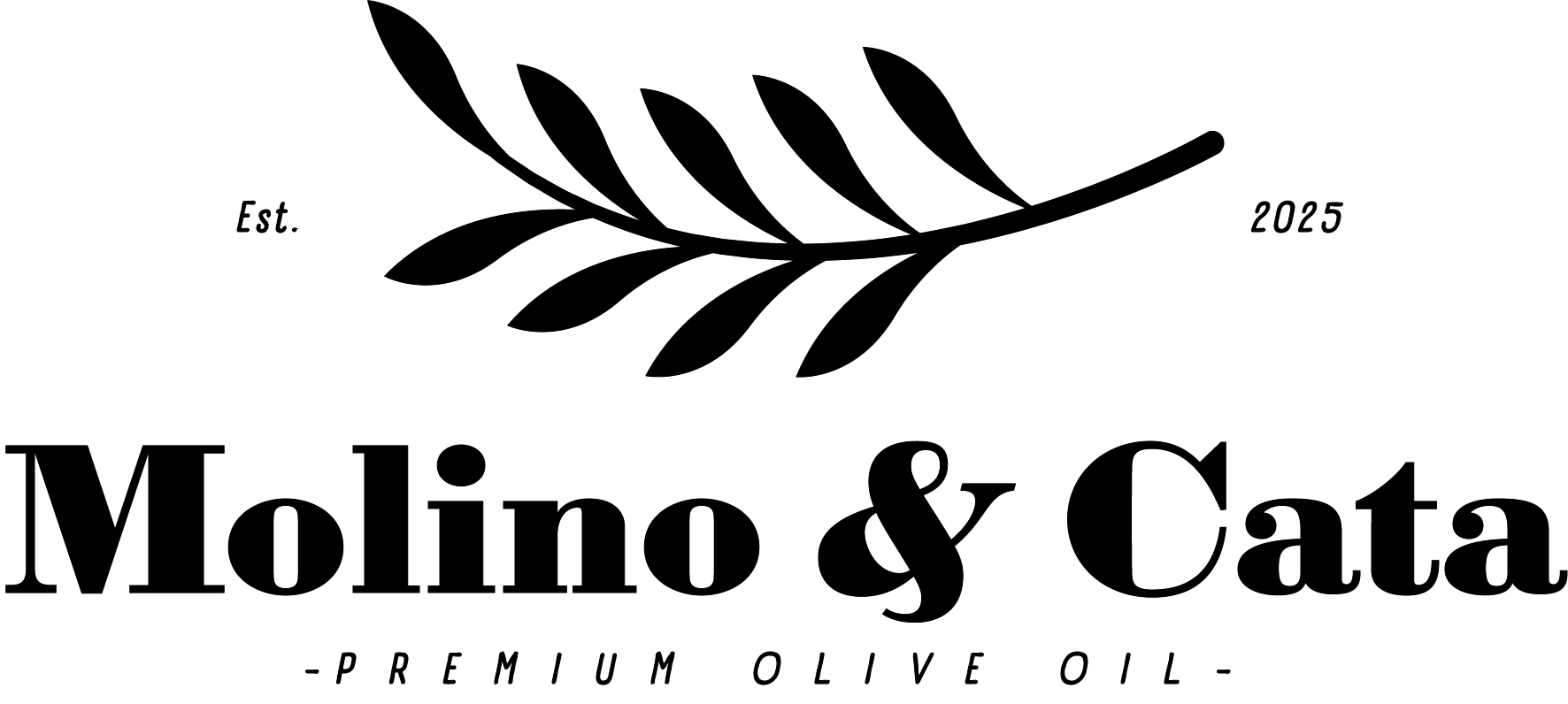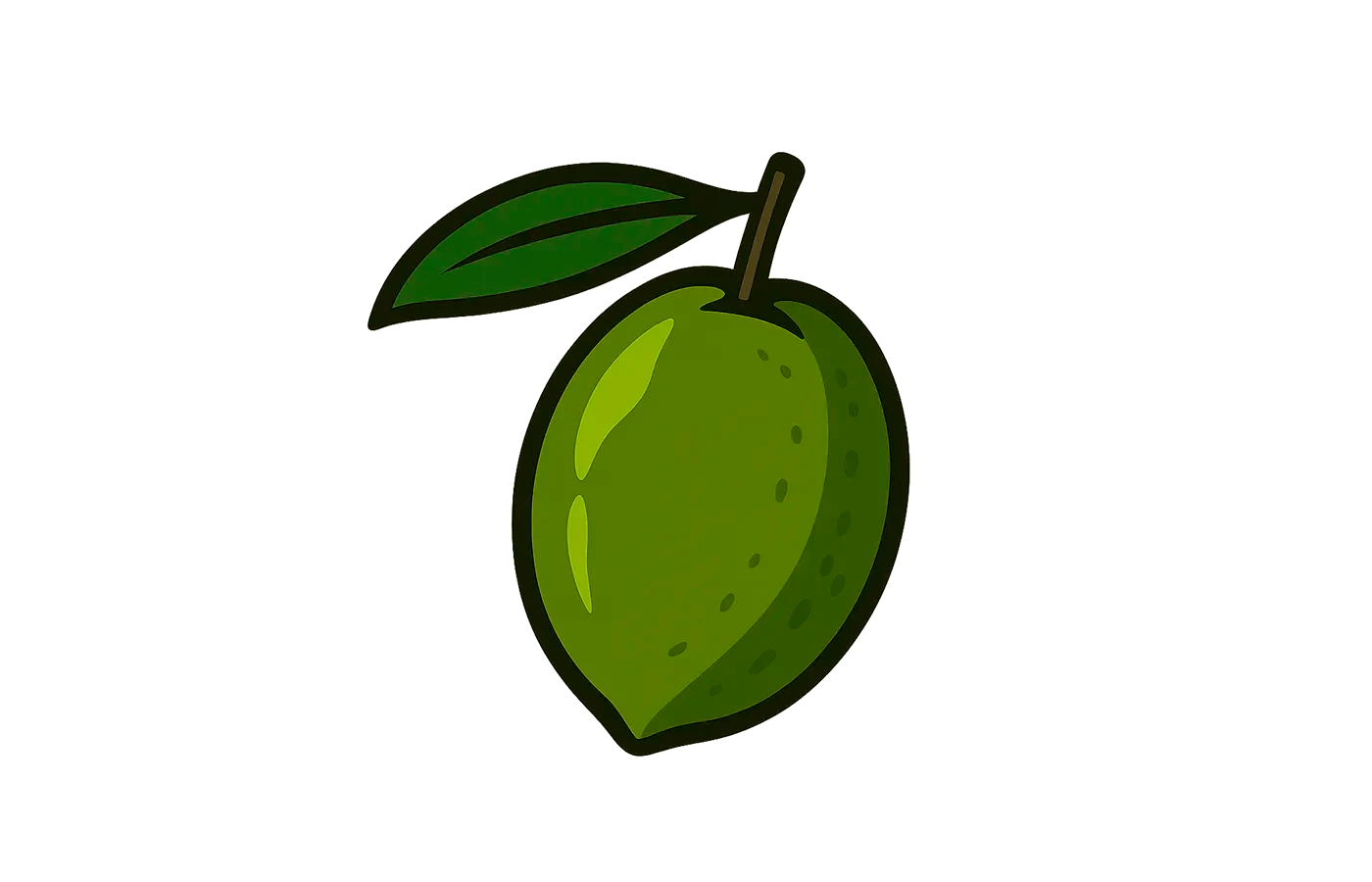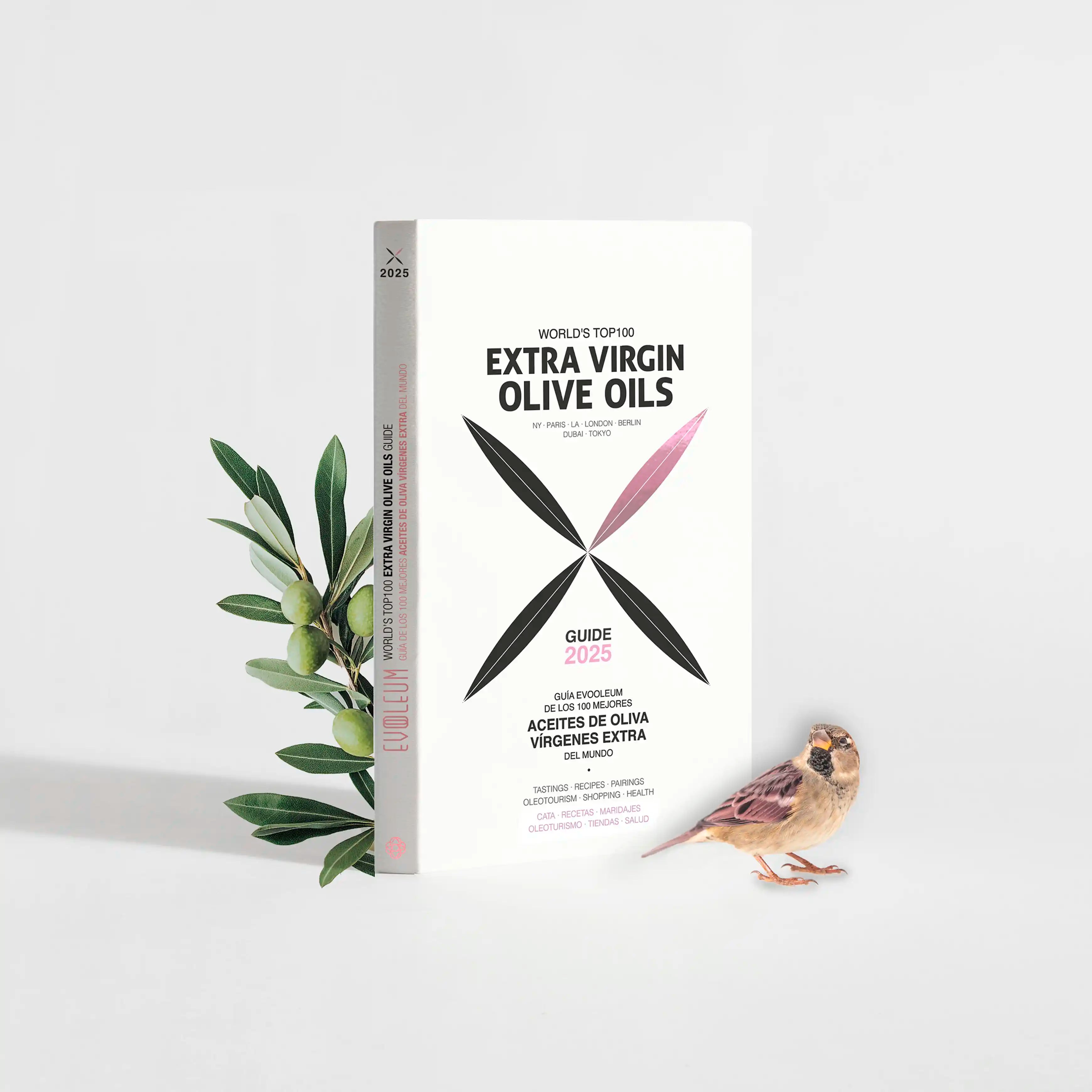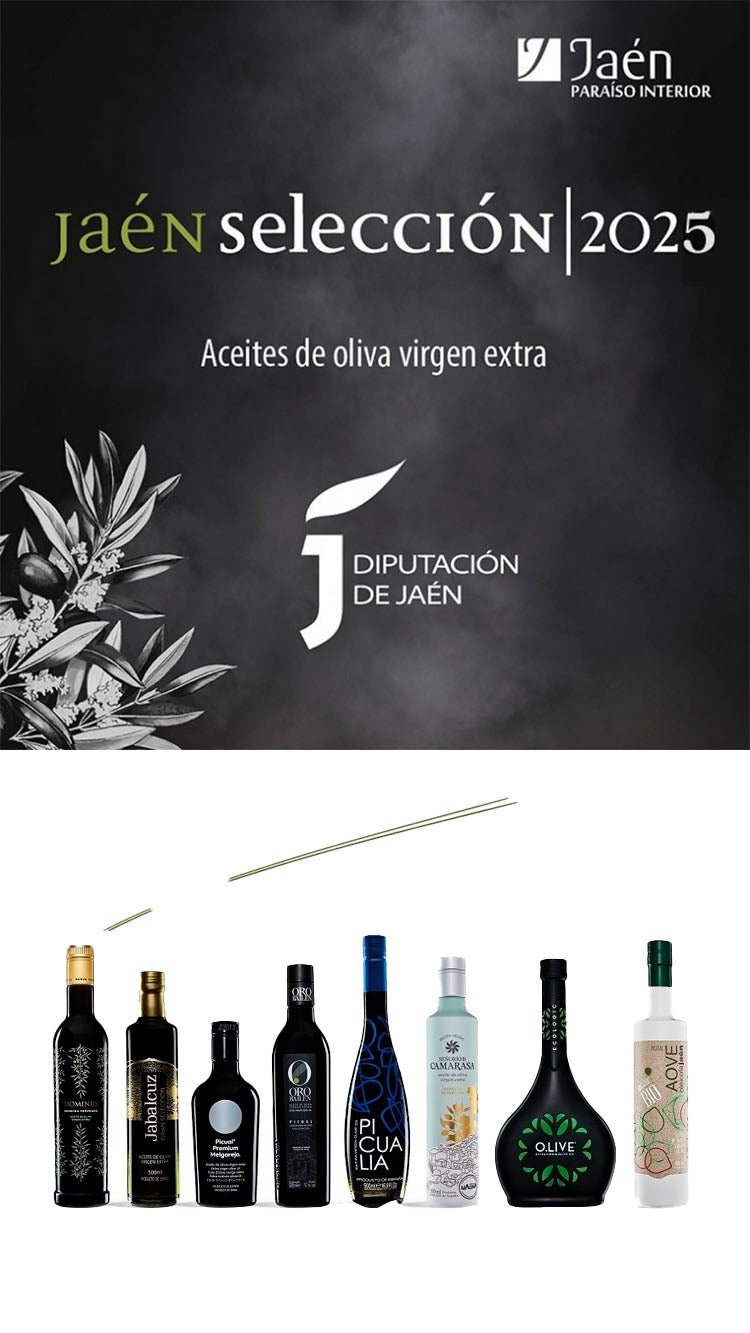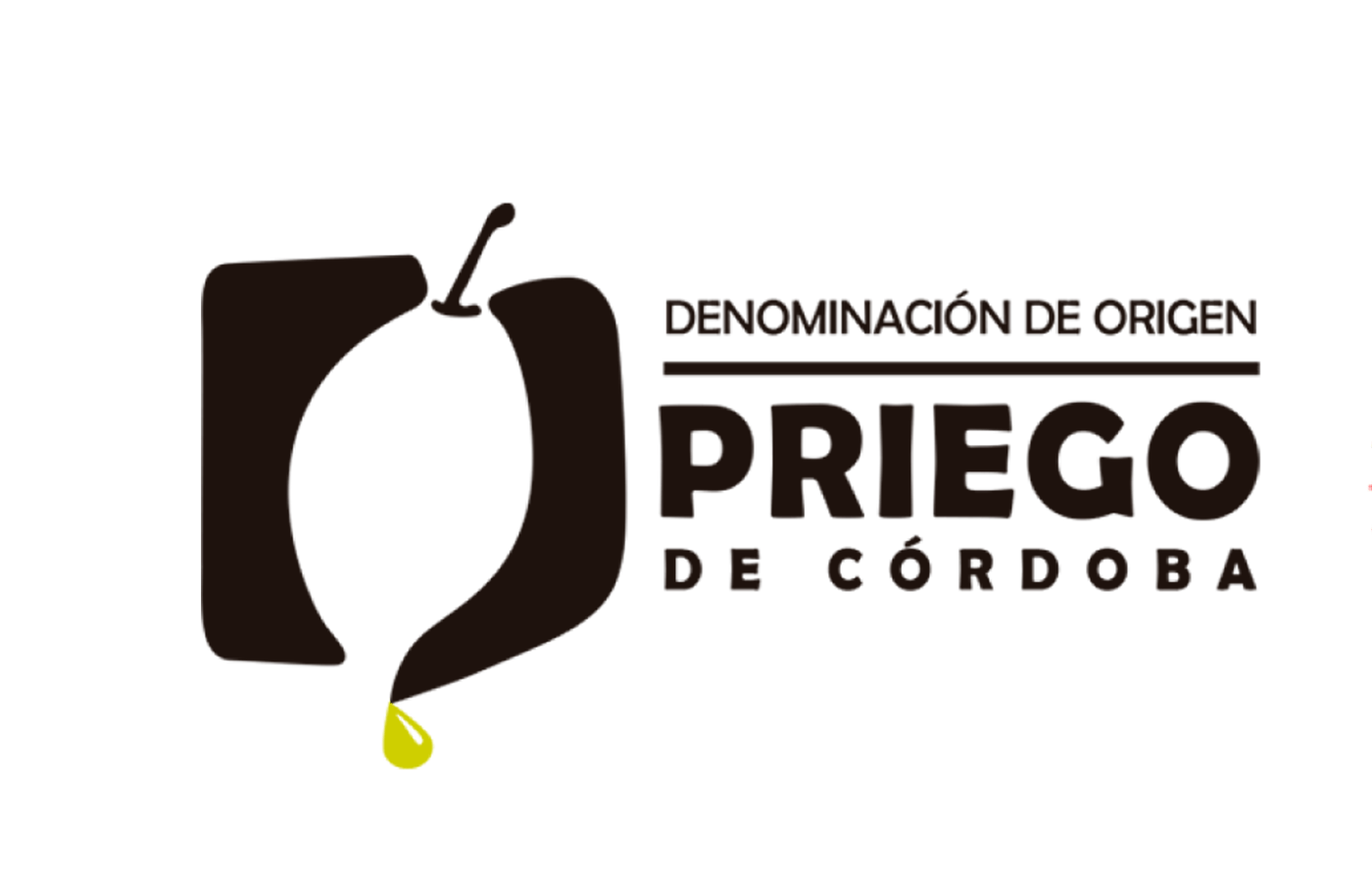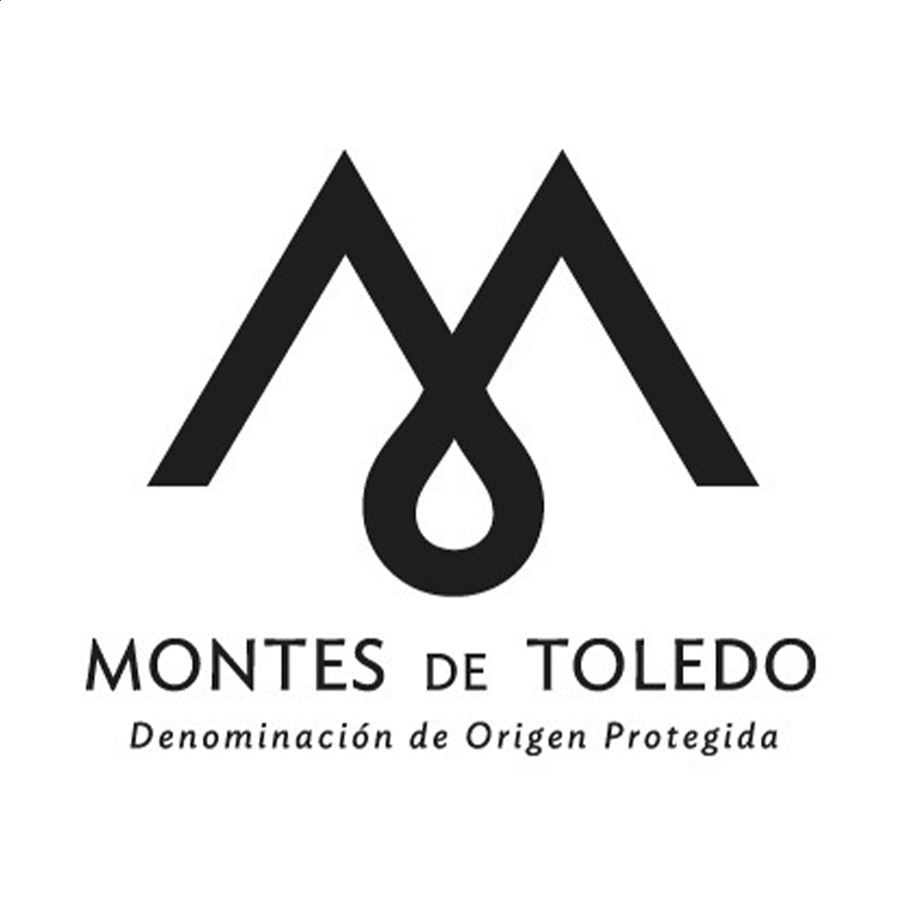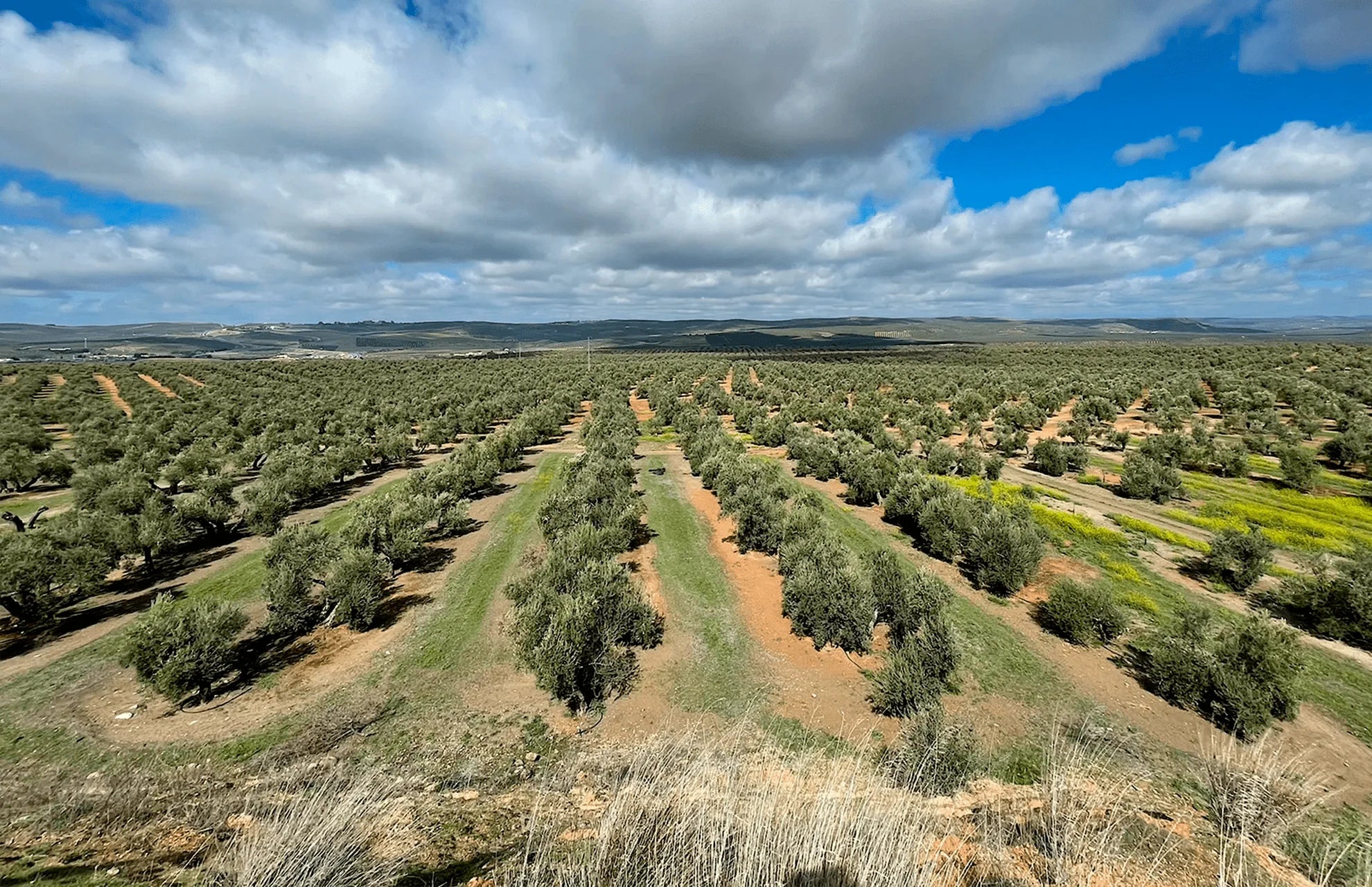
Beyond Flavor: Why Organic Olive Oil Is an Ethical Choice
Over the last decade, we've seen a growth in organic olive groves. There are several reasons for this.
On the one hand, environmental awareness—olive groves capture CO2 from the atmosphere and help maintain flora and fauna ecosystems—on the other, the growing awareness of consumers who increasingly appreciate and are willing to compensate producers; and on the other, the change in CAP regulations in Europe, which is increasingly focused on organic farming practices.
Environmental Commitment: Protecting Our Ecosystem
Organic oil is produced under strict agricultural practices that prohibit the use of synthetic chemicals, such as pesticides, fertilizers, and herbicides. This not only benefits consumers but also protects soil, water, and biodiversity.
Various studies have shown that organic olive groves have higher levels of biodiversity. By avoiding the use of agrochemicals, these olive groves become true refuges for local flora and fauna. Furthermore, aquifer contamination is significantly reduced, which is crucial in olive-growing regions frequently plagued by water scarcity and desertification .
Organic farming as a guardian of the soil
One of the biggest problems with conventional cultivation is soil degradation, caused primarily by chemical fertilizers and the constant removal of plant cover. In contrast, organic management incorporates practices such as the use of natural plant cover, composting, and organic fertilization. These techniques maintain soil fertility and prevent erosion, thus ensuring the long-term sustainability of olive groves .
In cases like Oro del Desierto , which produces organic olive oil in the Tabernas Desert, organic production is not an option. Managing vegetation cover, promoting biodiversity, and using local wildlife to maintain the cover are part of their identity.
Reducing the carbon footprint
Furthermore, organic extra virgin olive oil generates a smaller carbon footprint. The production of chemical fertilizers and pesticides involves high greenhouse gas emissions. By eliminating these synthetic inputs, organic producers significantly reduce their climate impact, contributing to the fight against climate change. The organic production market will reach €3 billion by 2024 .
Support for rural communities and the local economy
Choosing organic olive oil not only benefits the environment but also strengthens the rural economy and improves working conditions in farming communities. According to a study by Ecovalia , organic production requires more manual labor, which generates more local jobs. Furthermore, since it is often managed by cooperatives or small family farms, it directly contributes to the local economy, thereby reducing rural depopulation.
In this sense, organic oil plays a key role in preserving cultural and agricultural traditions, keeping alive ancestral cultivation and processing techniques that might otherwise be lost to more industrialized methods.
Quality and health: an ethical choice for you too
The benefits of organic oil are not exclusively environmental or social. Recent scientific studies confirm that organic oils contain higher concentrations of antioxidant compounds such as polyphenols, hydroxytyrosol, and vitamin E.
These substances not only give the oil superior organoleptic characteristics, but also have proven anticancer, anti-inflammatory, and cardioprotective properties.
In a study conducted in Andalusia (IFAPA, Cabra) on Picual olives, led by expert Brígida Jiménez, organic vs. conventional EVOOs were analyzed. The results showed that "the amount of individual phenolic compounds [...] is significantly higher in organic than in conventional olives."
Furthermore, because they are free of chemical residues, organic oils are ideal for people who are sensitive to or concerned about food safety. By choosing organic oil, you are consciously and responsibly protecting your health.
Transparency and confidence in consumption
Organic production is strictly regulated by European and Spanish standards, providing consumers with absolute assurance of the product's authenticity. Each certified bottle bears the European "Euro-leaf" seal, which ensures the oil's transparency and traceability. This certification entails regular inspections and rigorous monitoring of the entire production process, from planting to bottling.
Furthermore, a milestone was reached in 2025 when the Jaén Selection competition awarded two organic Picuales, O.LIVE and Oleícola Jaén, with the prestigious seal with which the Jaén Provincial Council awards the eight best oils in the province.
Challenges of organic farming
Although choosing organic oil offers numerous ethical, environmental, and social advantages, it also presents certain challenges. Organic farmers face lower yields per hectare due to limited use of chemical fertilizers. Furthermore, the intensive labor required to control pests and weeds increases production costs. However, these challenges can be mitigated through fair pricing, public subsidies, and growing awareness among conscious consumers who value these additional efforts.
A decision with real impact
Choosing organic extra virgin olive oil isn't simply a choice of taste or quality, but rather a commitment to a more sustainable, healthy, and equitable future. By doing so, you are actively contributing to environmental conservation, supporting committed farmers, and promoting fair and transparent business practices.
Every bottle of organic olive oil you consume is a declaration of principles, a conscious act of respect for the planet and the people who inhabit it. Welcome to a new way of understanding and enjoying olive oil: committed, ethical, and deeply satisfying.
Share
